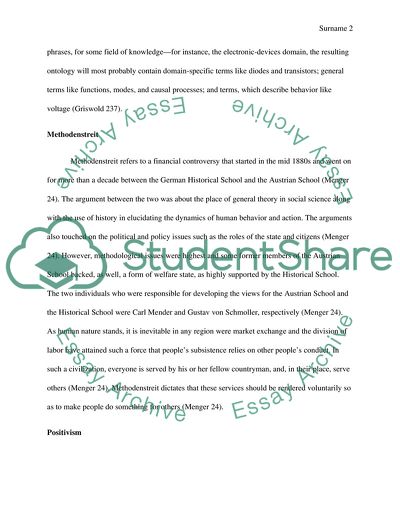Cite this document
(Introduction to Political Economy Assignment Example | Topics and Well Written Essays - 2250 words, n.d.)
Introduction to Political Economy Assignment Example | Topics and Well Written Essays - 2250 words. https://studentshare.org/politics/1875367-ps321-introduction-to-political-economy-mid-term-exam
Introduction to Political Economy Assignment Example | Topics and Well Written Essays - 2250 words. https://studentshare.org/politics/1875367-ps321-introduction-to-political-economy-mid-term-exam
(Introduction to Political Economy Assignment Example | Topics and Well Written Essays - 2250 Words)
Introduction to Political Economy Assignment Example | Topics and Well Written Essays - 2250 Words. https://studentshare.org/politics/1875367-ps321-introduction-to-political-economy-mid-term-exam.
Introduction to Political Economy Assignment Example | Topics and Well Written Essays - 2250 Words. https://studentshare.org/politics/1875367-ps321-introduction-to-political-economy-mid-term-exam.
“Introduction to Political Economy Assignment Example | Topics and Well Written Essays - 2250 Words”. https://studentshare.org/politics/1875367-ps321-introduction-to-political-economy-mid-term-exam.


